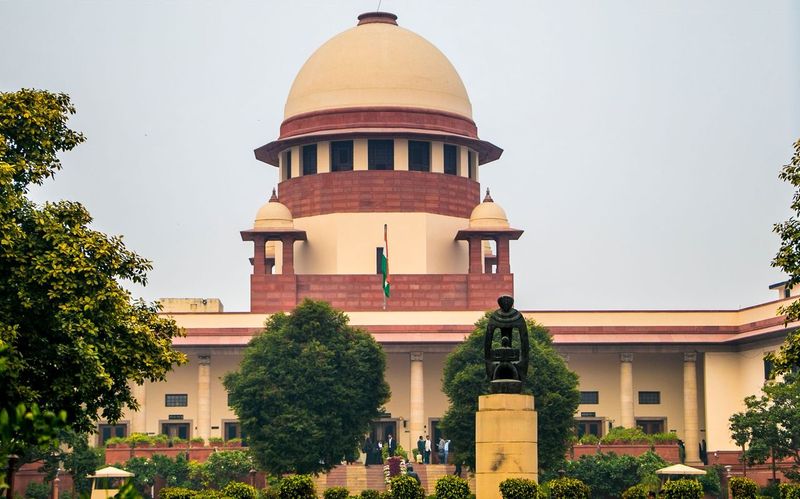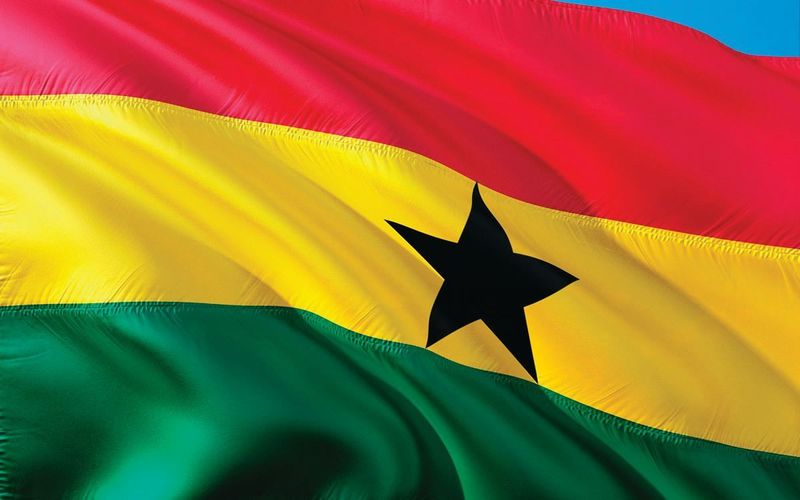A man was injured in a homophobic attack in London, the Supreme Court is reviewing India's marriage equality ruling, and a court in Ghana upholds a law that criminalizes same-sex relations.
Man Injured In Homophobic Attack in London
A man was struck over the head in central London in what police are calling a “homophobic assault.”
Linus Karp and his partner, Joseph Martin, were out to meet a friend for a drink and to collect props for their upcoming show at the Edinburgh Fringe Festival.
According to the BBC, they noticed a man "mumbling to himself" and crossing the road behind them, when suddenly Karp "felt the blow from behind." The force of the blow was so hard that the wooden handle flew off the umbrella.
The same man then attacked a second person. Since the attack, a man has been arrested on suspicion of actual bodily harm and has been detained under the Mental Health Act.
Supreme Court Reviews India’s Marriage Equality Ruling
Supreme Court of India. Photo by Subhashish Panigrahi, via Wikimedia Commons.
India’s Supreme Court is currently reviewing a petition concerning marriage equality.
The petition addressed the inclusion of same-sex marriages under the Special Marriage Act (SMA) of 1954, the Foreign Marriage Act of 1969, and the Citizenship Act of 1955, as well as under common law and other existing statutes.
According to the Washington Blade, the plea highlights the broad legal framework that could accommodate same-sex marriages and urges the court to reconsider its stance in a transparent and public forum.
The review has undergone a recent twist as Justice Sanjiv Khanna, the court’s most senior judge, made the decision to recuse himself from considering the pleas. Khanna claims that his recusal was for personal reasons.
Court in Ghana Upholds Colonial-Era Sodomy Law
Ghana's flag. Photo via Pixabay.
The Supreme Court in Ghana upheld a law that criminalizes same-sex relations.
According to the Washington Blade, a 7-judge panel unanimously dismissed a challenge to the colonial-era law.
The challenge was brought by Prince Obiri-Korang, who is a professor at the University of Ghana Law School.
“We deeply regret the decision by the Supreme Court of Ghana to uphold colonial-era provisions of the Criminal Offenses Act that effectively criminalize consensual same-sex relations,” said Liz Throssel, a spokesperson for the U.N. Human Rights office. “The court’s ruling on July 24 is especially concerning given reports of a recent spike in violence against LGBTQ+ people in Ghana.”
Another point of concern in Ghana is the recently approved Promotion of Proper Human Sexual Rights and Ghanaian Family Values Bill that would, among other things, criminalize allyship.
Nana Akufo-Addo, the Ghanaian president, said he will not sign the bill until the Supreme Court rules on whether it is constitutional or not.
The bill has faced harsh criticism from advocacy groups in Ghana and around the world.








